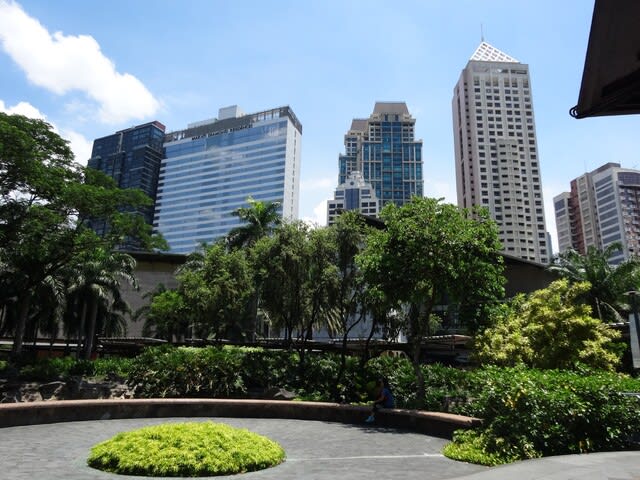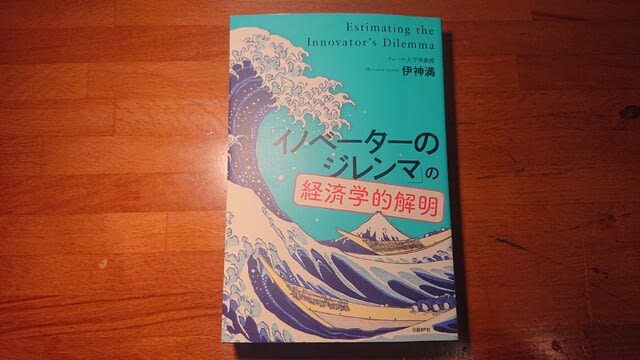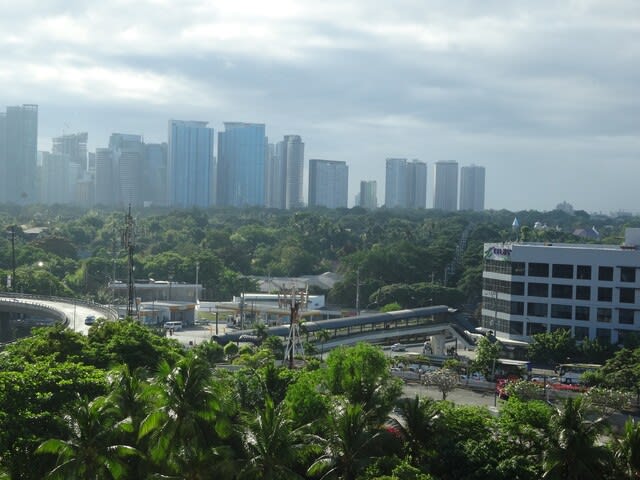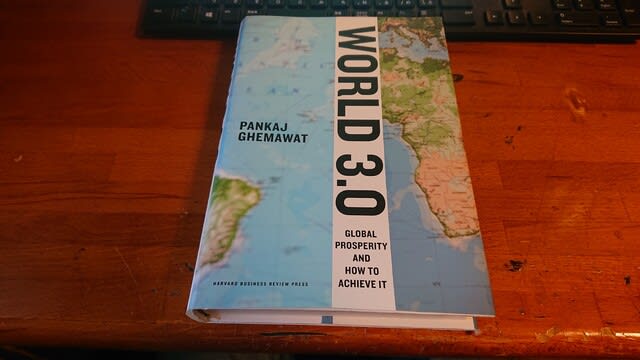堅い話が3週続いたのでここでCoffee Break。フィリピンで日本人長期滞在者向けのホテルやコンドミニアムを運営するIT企業社長根本氏が発行しているFRIENDSHIP CLUB便りの記事(2020.10.9)を掲載させていただきます。
このブログの読者の皆様は、何らかの形で海外に興味がある方、つながりがある方なので、根本氏と同じ危惧を抱いていることと思います。私もその一人です。海外出張や旅行をすると、アジア諸国の追い上げと、アメリカをはじめとする先進国が(様々な社会問題はあるが)更に豊かになっている状況を肌で感じます。ほとんどの日本人は、日本にいて「日本の現在地」を感じず過ごしていますが、税金で海外出張している政治家は気づいて欲しいものです。
では、根本社長の嘆きを・・・・・(編集なし)
〇菅首相誕生 変われない日本
9月に安倍首相が退任して、新たに菅首相が9月16日に、就任しました。
菅新体制の目玉は、縦割りを打破して、規制改革断行です。
安倍さんも、菅さんも、政治家臭くなく、人間的には、良い方と思います。
前安倍首相も、規制改革を、声高に主張していました。
しかし、縦割り行政は、長年沁みついたものです。
行政だけでなく、政治家、民間組織にも、既得権として、利益を得ているものが、
少なからずいます。
それらを排除、抑えて、推進するには、省庁解体する覚悟がなければ、とうていできるもの
ではありません。
当然、既得権を握る抵抗勢力が、死に物狂いで、抵抗します。
人柄は良いですが、調整型の菅首相では、荷が重いと思います。
それでも、河野太郎氏を、行政改革相に、任命したのは、期待が持てる。
河野氏は、いらち、やることがはやい、自分が思ったことは、周りを気兼ねせずに、ずけずけ、
言う、やるタイプです。今求められるのは、彼のような、即断、即決、すぐやるものが、組織の頭に
なることです。
そして、周りが、国民が、彼がミスを起こしても、見守りことです。
彼は、直感で動くので、問題も起こします。
それを、みんなで叩いてはいけない、生みの苦しみと、我慢する。
コロナ禍、この非常時が、日本が、遅れを取り戻す最後のチャンスです。
これで変われなければ、日本は、もう後がない。
官公庁のIT化は、おどろくほど、先進国の最下位に甘んじています。
いや、世界でも下位です。
なにしろ、アメリカでは、スミソニアン博物館にしかないFaxが、まだ、現場で、多数利用されています。
笑い事ではないですが、病院から保健所へのコロナ感染状況報告も、手書き、Faxです。
受け取る保健所職員の整理の手間は、膨大な時間です。
これでは、保健所は、パンクします。
あえて、仕事量を増やしているようなものです。
弊社は、自治体の仕事しているので、わかります、ほとんどの省庁が、連絡手段は、いまだ、Faxです。
IT化を推進するデジタル庁の新設は、2021年秋以降。
なんでしょう、この期に及んで、このスピード感のなさは?
1年先には、世界は大きく変化しています。
日本人は、「魁」と言う言葉を忘れてしまったのか?
魁とは、他の人々の先を駆けること。他のものより先になること。他の人々に先んじて何かに挑戦する人のこと
今求められるのは、失敗を恐れず、魁に挑むことです。
フィリピン)
スマートシティ化世界番付、マニラ104位(109都市中)
アフリカ勢と最下位グループに、交通渋滞や環境汚染響く
(フィリピン経済・金融・投資2020/09/18)
スイス・ローザンヌのIMD(経営開発国際研究所)は、9月17日、都市のスマートシティ化番付である「2020年スマートシティ・インデックス」を発表した。
「スマートシティ・インデックス」は、世界の主要都市を対象に、治安、環境、健康、交通、緑化、教育環境・機会、統治、最先端技術、ITなどの観点から、
各都市がどの程度スマートシティ化しているかを測定、ランキングしたものである。
「スマートシティ・インデックス」発表は2019年に開始され、今年が2回目となる。調査対象都市は2019年が102都市、2020年が109都市であった。
2020年のスマートシティ度1位は前年に続きシンガポールであった。
以下、2位ヘルシンキ、3位チューリッヒ、4位オークランド、5位オスロ、6位コペンハーゲン、7位ジュネーブ、8位台北、9位アムステルダム、10位ニューヨークと続く。
日本では、東京が79位、大阪が80位にランクされている。日本の両都市とも前年から17ランク急低下した。
世界最低の109位はラゴス(ナイジェリア)、108位はナイロビ(ケニア)、アブジャ(ナイジェリア)、106位がカイロ(エジプト)、105位ラバト(モロッコ)、
104位マニラ(フィリピン)、103位ケープタウン(南アフリカ)、102位リオデジャネイロ(ブラジル)となっている。
上記のようにマニラのランキングは104位で前年の94位から10ランク低下した。
そして、東アジア・太平洋地域の34都市、東南アジア8都市の中で最低となっている。
また、最悪のDカテゴリーに分類されている(前年はCカテゴリー)。
今年Dカテゴリーに分類されているのは、103位のケープタウンから最下位109位のラゴスまでの7都市で、マニラ以外は全てアフリカの都市である。
ちなみに、最高カテゴリーのAAAは、世界第1位のシンガポールのみに付与されている。東京と大阪はCCCカテゴリーである。
マニラが世界104位で最悪カテゴリーDに分類されている理由として、深刻な交通渋滞や環境汚染、公共交通機関の脆弱性、汚職蔓延、
インターネットの速度が遅いことやその信頼性欠如などが挙げられている。
その一方で、求職やチケット購入のためのオンラインアクセス、身分証明書のオンライン処理、市街地の監視カメラ(CCTV)の設置などについては
比較的高い評価を得た。
ひとりごと)
マニラは、昨年から10ランク低下しました。
社会インフラの整備が、大幅に遅れているので、やむを得ないでしょう。それにしても、Dカテゴリーは、マニラ以外、すべてアフリカの都市です。
日本も、どんどん、落ちていきます。
東京79位、大阪80位、前年から17位も低下している、CCCカテゴリーです。
109都市中、下位に、甘んじている
経済も、教育も、生活も、毎年、どんどん、世界から取り残されていく。
香港の代わりに、国際金融センターめざすなんて、ゆめのまた、ゆめ。
この国の政治家、役人は、何考えているんでしょう?
世界共通語英語が、通用しない都市は、どんなに環境良くて、治安が良くても、相手にされない。
グローバル人材が、生活するのに、何が一番必要かが、分かっていない。
政治家にも、国民にも、まだ、日本が優れていると、思い上がりがある。
世界の状況変化が、見えていない、いや、見ないようにしている。
みなさんは、日本がこんなに、国力が低下していることに、お気づきですか?
日本で生活している限り、なかなか気が付きません。
まさに、ゆでガエルです。
<近代化するフィリピン>

********************************************************************************************************
齋藤信幸の『理詰めの営業』はここ。
齋藤信幸の「ロングステイ」はここ。
********************************************************************************************************






















